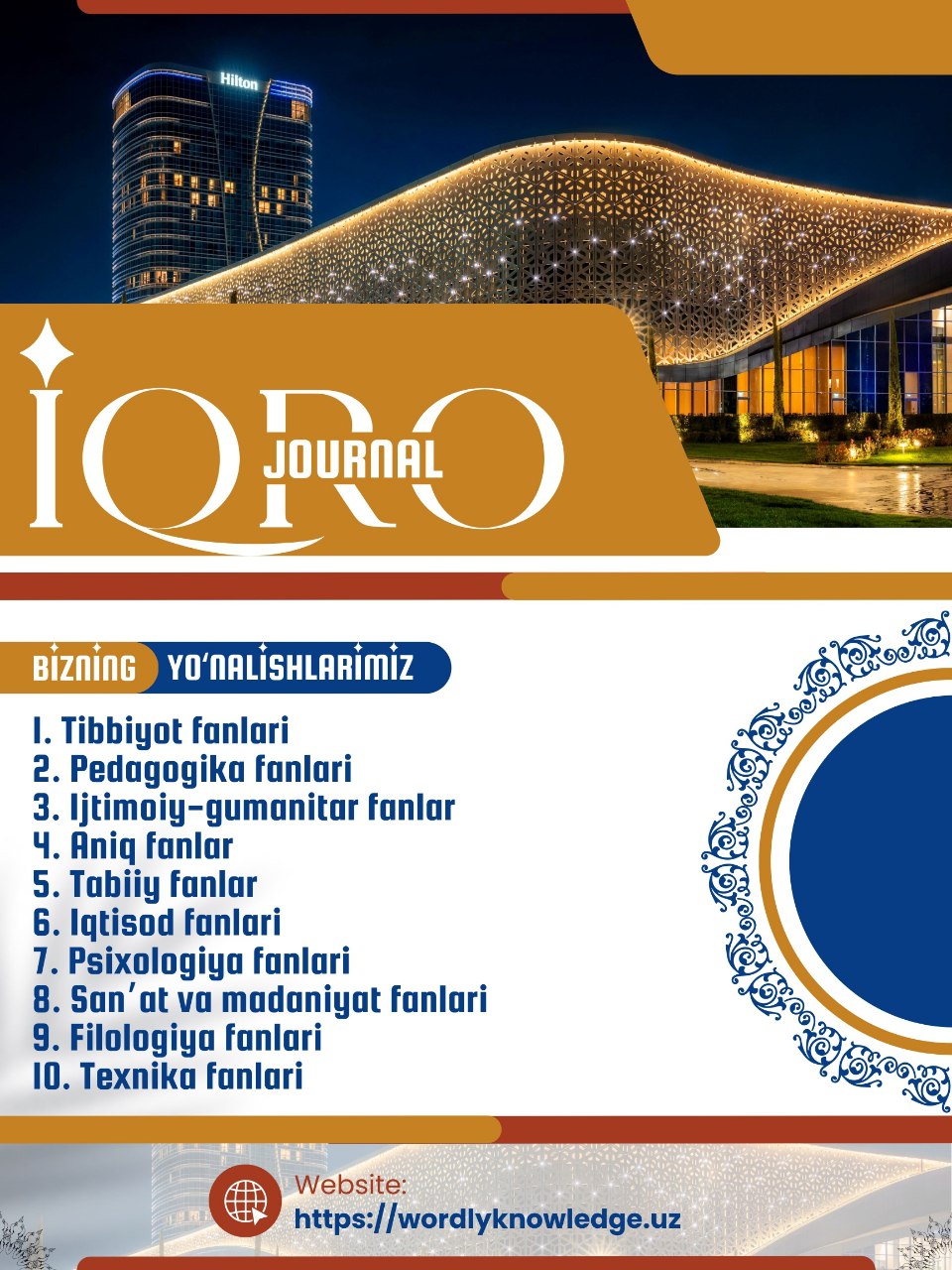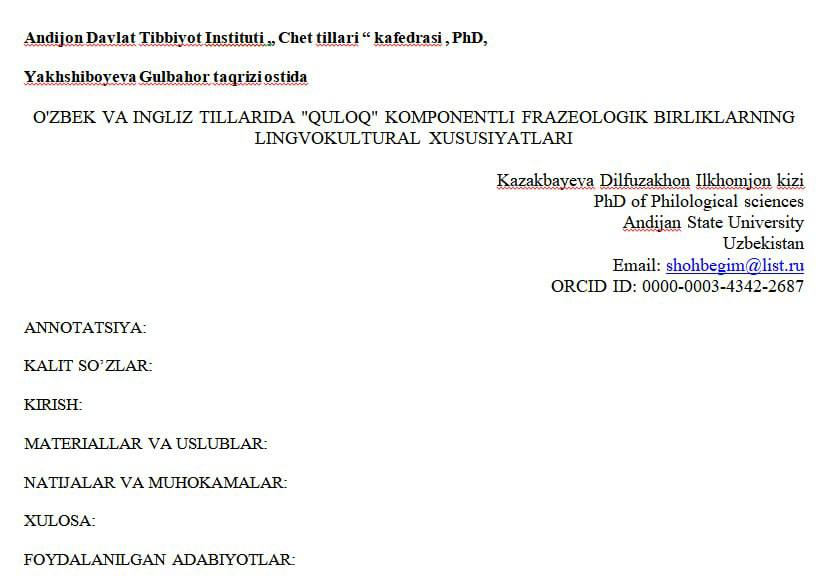OPTIMIZATION METHODS FOR ASSESSING KNOWLEDGE USING ARTIFICIAL INTELLIGENCE
Keywords:
knowledge assessment, artificial intelligence, optimization methods, adaptive testing, learning analytics, neural networks, educational technology, smart evaluation.Abstract
The advancement of artificial intelligence (AI) has significantly transformed educational assessment systems. This article explores the application of optimization methods integrated with AI to enhance the efficiency, accuracy, and adaptability of knowledge assessment. Unlike traditional evaluation techniques, AI-driven models can personalize testing, dynamically generate content, and interpret complex learner behavior. The article examines several optimization algorithms—genetic algorithms, reinforcement learning, swarm intelligence, and neural network-based fine-tuning—and their role in improving the assessment process. Moreover, the paper introduces a hybrid framework that combines adaptive learning analytics with intelligent feedback generation, creating a robust mechanism for real-time knowledge evaluation.
References
1.Wang, Y., & Heffernan, N. (2019). Using Reinforcement Learning for Optimizing Educational Interventions. Journal of Educational Data Mining.
2.Goldberg, D. E. (1989). Genetic Algorithms in Search, Optimization, and Machine Learning. Addison-Wesley.
3.Zawacki-Richter, O. et al. (2019). Systematic Review of Artificial Intelligence in Education. International Journal of Educational Technology in Higher Education.
4.Li, H., & Hovy, E. (2020). Analyzing Transformer-Based Models for Educational Text Assessment. Proceedings of ACL.














